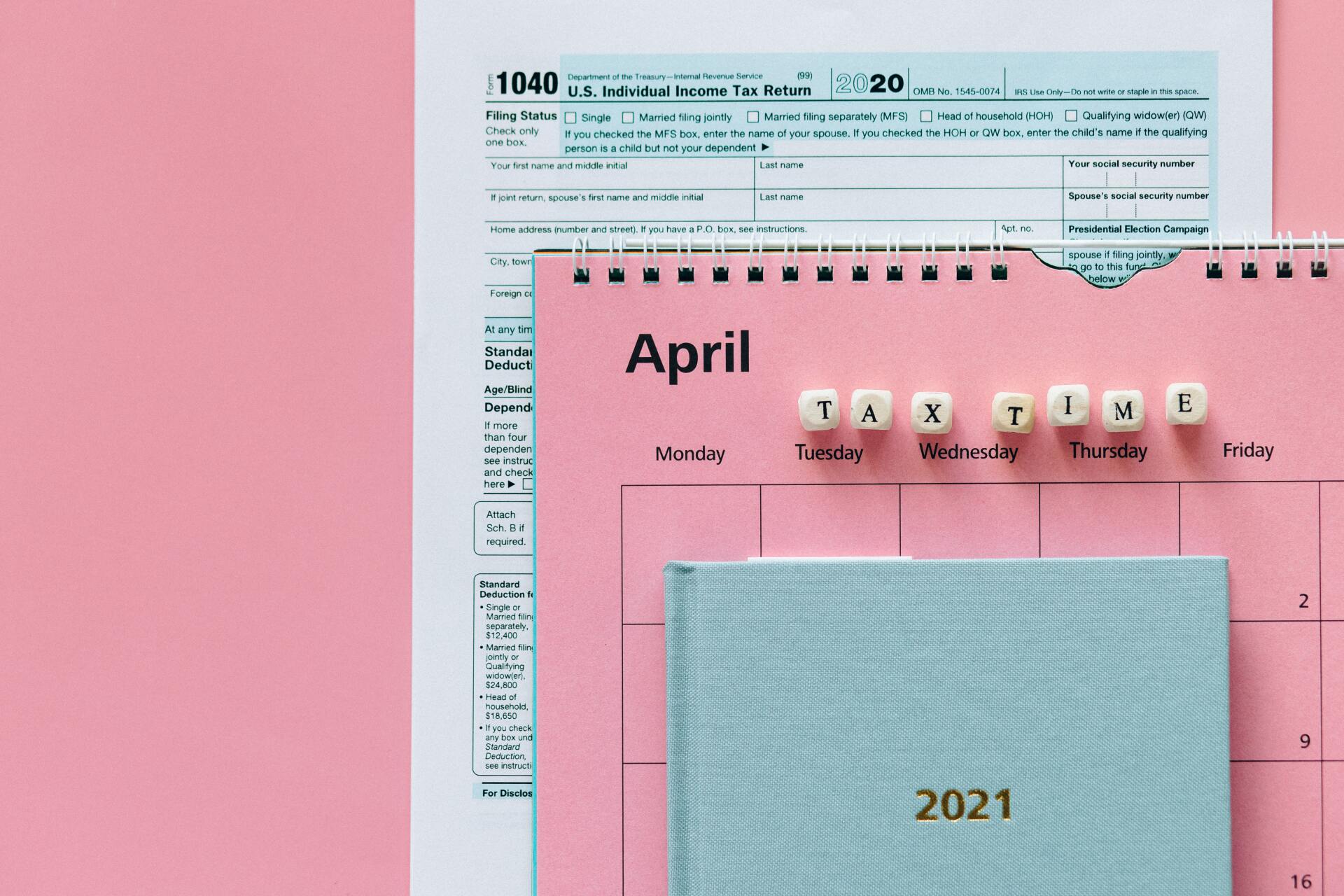Don’t Miss the Deadline: Timely Deposit of Elective Deferrals & Loan Payments
As a plan sponsor, it’s your responsibility to ensure employee elective deferrals and loan repayments are deposited into your retirement plan as soon as possible after each payroll. It might seem like a small detail, but late deposits can lead to compliance issues, IRS penalties, and unhappy employees.
When must elective deferrals & loan payments be deposited?
The Department of Labor (DOL) requires that these amounts be deposited as soon as administratively feasible following payday — and no later than the 15th business day of the following month. But here’s the catch: that 15-day window is not a safe harbor. In most cases, timely deposit means within a few business days — often within 1-3 days — depending on your company’s payroll practices.
For small employers (under 100 participants), the DOL offers a safe harbor: if deferrals are deposited within 7 business days, they’re considered timely. For larger employers, there’s no such grace period.
Why is this important?
Late deposits are treated as prohibited transactions and could result in:
· Excise taxes to the IRS (paid with Form 5330)
· Corrective filings with the DOL
· Required lost earnings reimbursements
And don’t forget — the DOL audits this closely. Late or inconsistent deposits can raise red flags.
Tips to stay compliant:
· Establish a consistent deposit schedule – Tie deposits to your payroll cycle and stick to it.
· Automate where possible – Use payroll providers that offer direct integration with your plan’s recordkeeper.
· Document everything – Keep a record of when deferrals are withheld and when they’re deposited.
· Train your payroll team – Make sure they understand the importance of timing and the consequences of delays.
Need help reviewing your deposit process? Contact us today — we’re here to support you.











